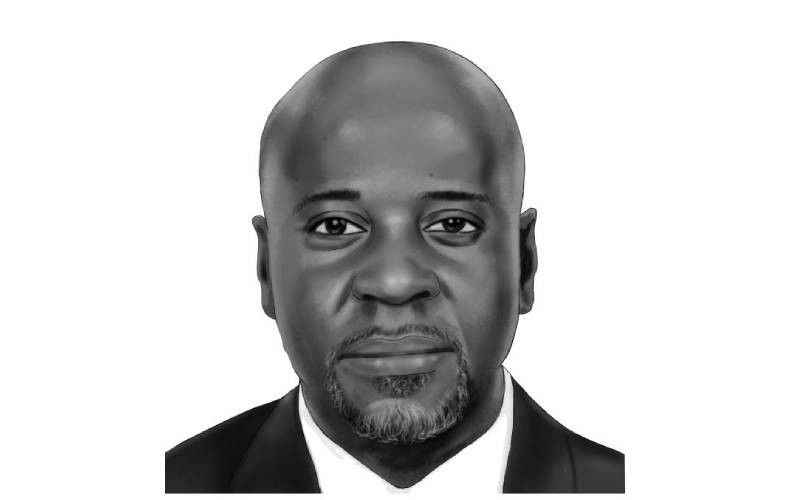
The National Dialogue Committee (NADCO) report and the resultant fallout in a section of the stakeholders that mooted it confirms our worst fears; the exercise was nothing more than a power-sharing exercise. For those that the report endows some skin in the game, it is acceptable, even if not perfect.
Azimio principal Kalonzo Musyoka is the committee co-chair. He has endorsed the report. Azimio party chairman Raila Odinga has pronounced himself on the same saying, "The report marks the beginning, but it remains imperfect and unfinished." President Ruto has given his approbation saying, "All the recommendations made by the bipartisan dialogue team are practical and good for the country."